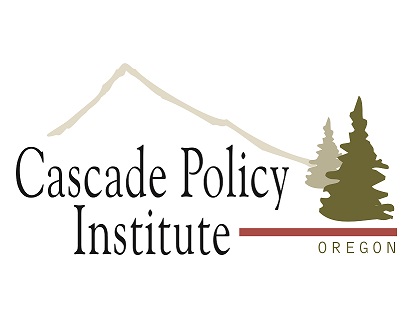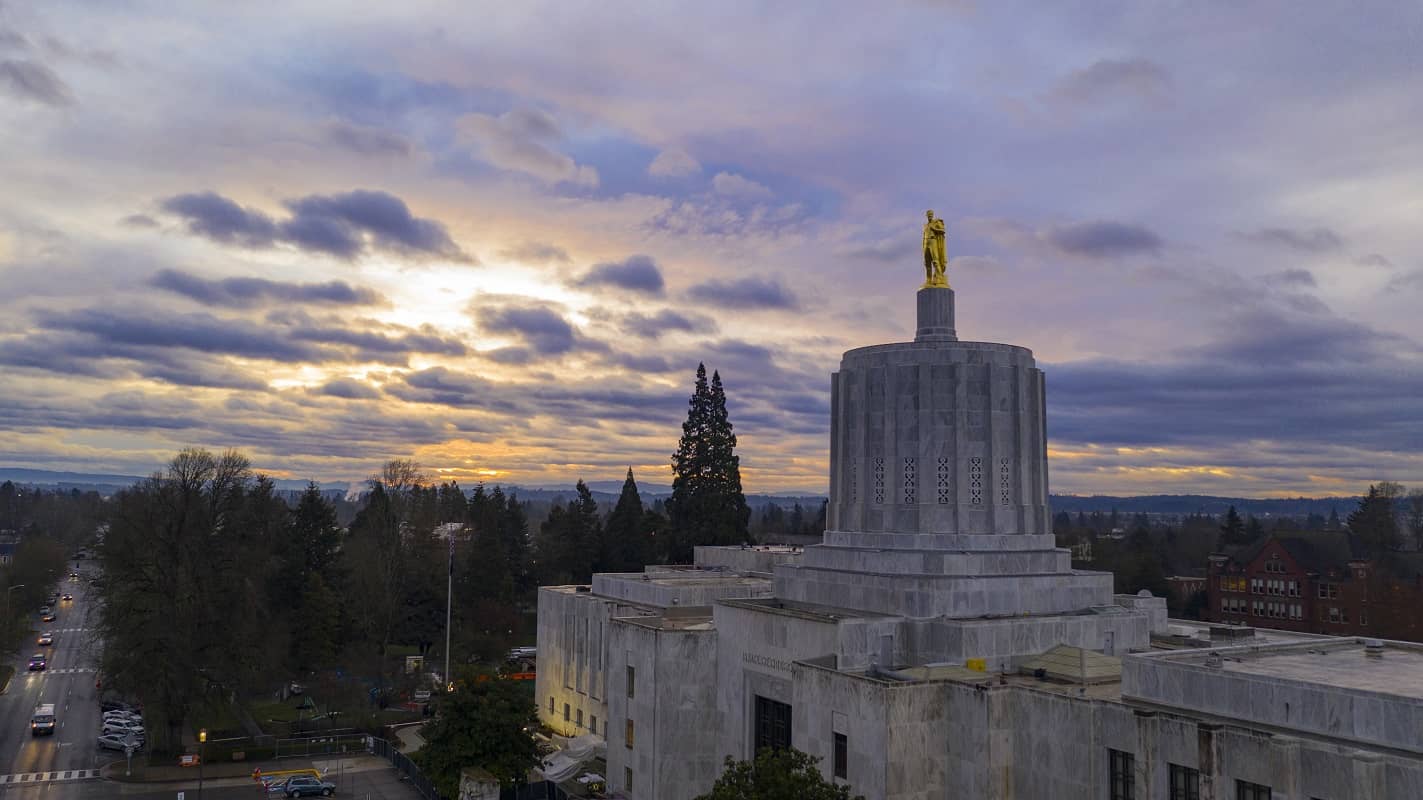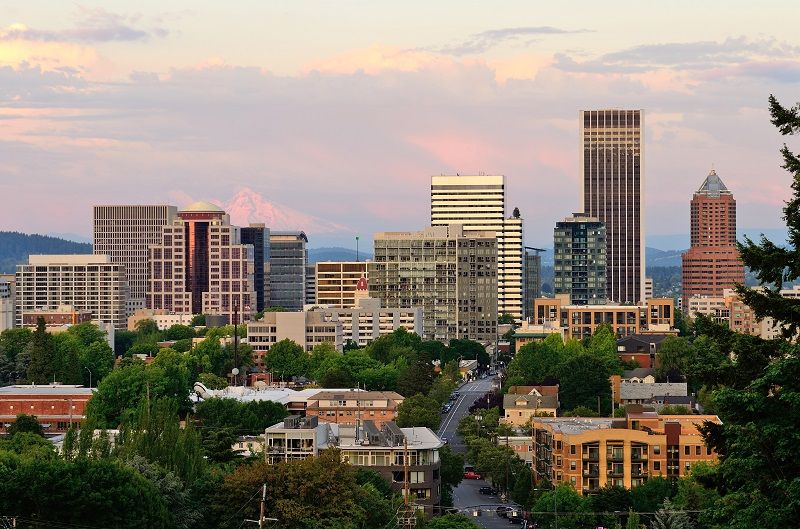I first wrote in 2003 about what I call “The Statement”:
“I support the free market just as much as you do, but….”
I had been hearing versions of The Statement in and around political and business circles for years. It impinged on one of the first issues Cascade Policy Institute tackled in the year of our founding, 1991. The city of Portland was planning to franchise residential garbage service (which it eventually did at the expense of consumers). At the time Portland was the largest city in the country without government garbage service or a private monopoly protected by law.
After I had written and testified before city council about the harmful effects of government intrusion into the garbage business, a local garbage hauler called me. He wanted to explain how protected franchises—that is, government-protected private monopolies—were actually a good thing.
After a few minutes he realized that I wasn’t buying his arguments, so he made what I later labeled The Statement: “I support the free market just as much as you do, but….” The “but” in this case was the exception he felt should be made to protect his business from competition and consumer choice.
Over the years I’ve heard The Statement from business people who argue that the State of Oregon and local jurisdictions should continue protecting them from new competition in all sorts of industries. The Portland taxi cartel successfully protected its position for decades before Cascade and others helped a group of Ethiopian immigrants to enter the market with Green Cab in 1998. Then, in 2015 the expanded taxi cartel tried to rely on The Statement to fight off ridesharing companies like Uber until the new smartphone technology that enabled them gave consumers power to demand that local governments allow the transportation freedom they promised…and delivered.
At the Capitol in Salem, I heard The Statement from business lobbyists who argued that the free market was great…except that their clients should be protected from new competitors in the home moving and natural hair braiding fields. Of course, these lobbyists weren’t simply protecting the interests of their paying clients…no, they always argued that keeping competitors out was for the benefit of the public health and safety. Luckily for the public, these arguments failed; and it is now much easier for aspiring entrepreneurs to enter these fields in Oregon, providing more choices for consumers and more economic opportunities for themselves.
On the national scene we’re now hearing a version of The Statement when presidential candidates say something like, “I’m for free trade too, but….” Flawed economic arguments about foreigners “taking our jobs” and other nations harming America by somehow imposing trade deficits on us are trotted out to justify protecting some businesses against others, and against consumers.
Business people argue for government protection at their peril. If government is justified in controlling who can provide our garbage service, or taxi service, or natural hair braiding, then why shouldn’t it control who can sell us our food, clothing, and shelter—all things we cannot do without?
If government can deny us the right to buy products produced in other countries, or can slap high tariffs on those products so that we have to pay much higher prices, how is this protecting “we the public”? Isn’t it really protecting “they, the special business interests”?
Lest anyone mistakenly believe that Cascade Policy Institute is “pro-business,” we are not. Rather, we are pro-liberty, pro-free-markets, and pro-consumer-choice. We understand that the slippery slope to a government-controlled economy begins when capitalists fail to consistently defend capitalism. The resulting economy harms most consumers and businesses alike at the expense of those who work for and are protected by big government.
There may be a case for government limiting competition in some fields and subsidizing some businesses at the expense of others; it’s just not a free-market case.










